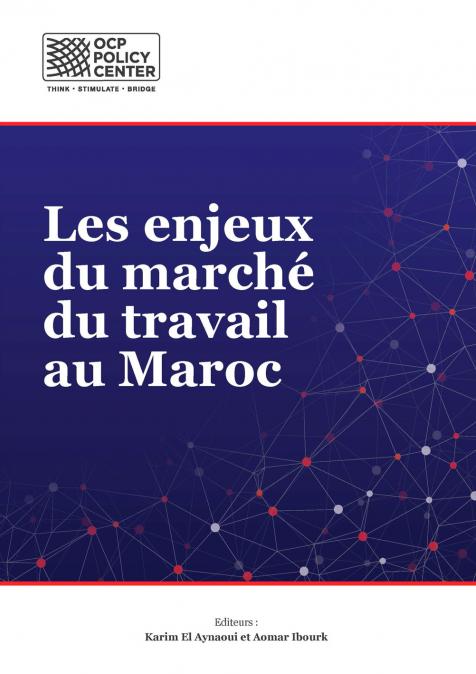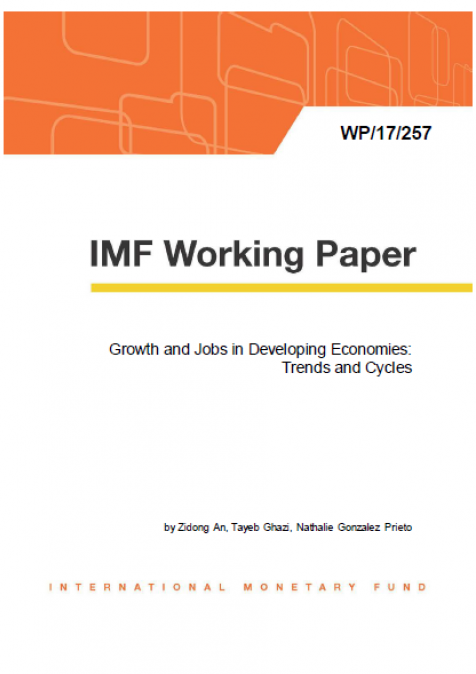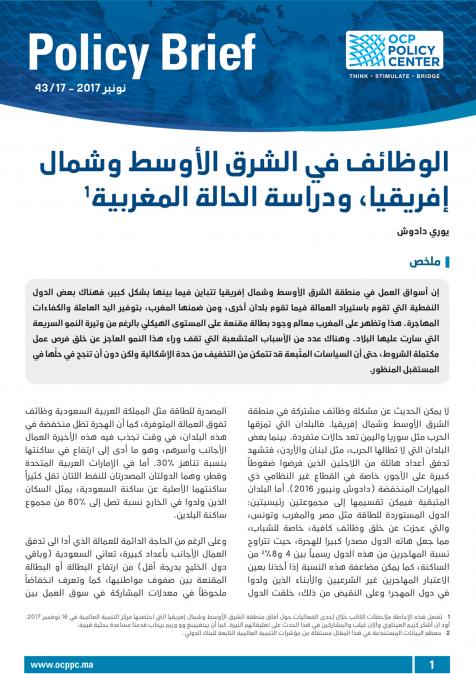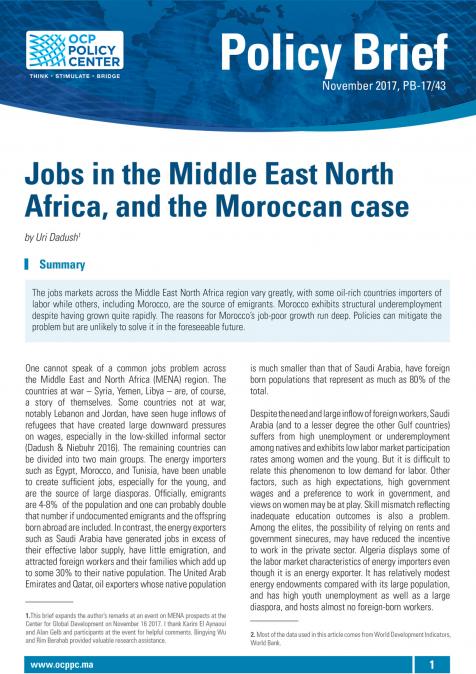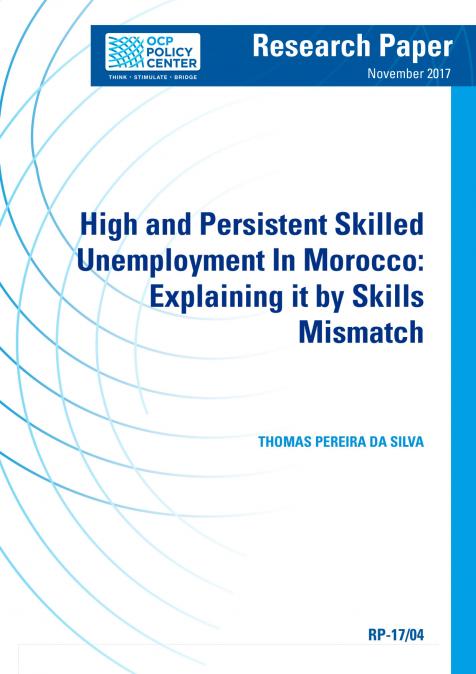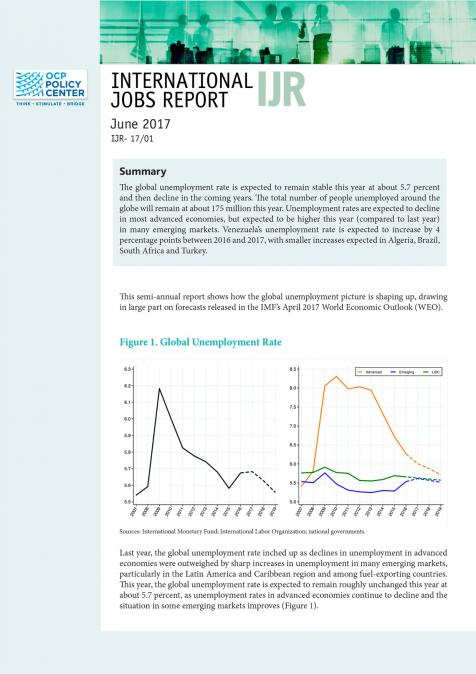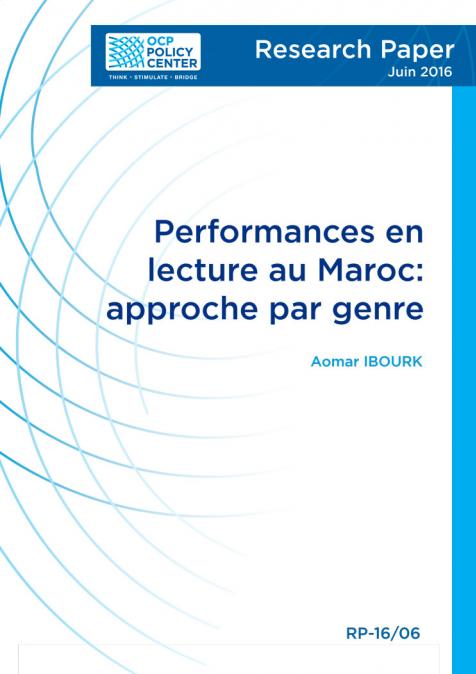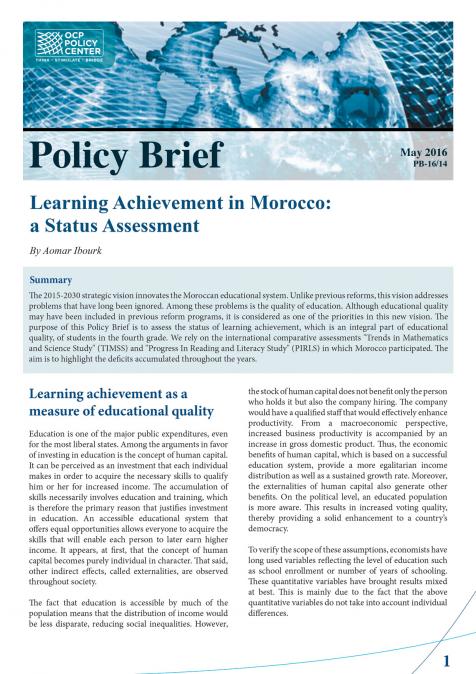Publications /
Opinion
She was 31 years old and had just set up the New Work Lab, a coworking and start-up accelerator space, in Morocco in 2013, when she was selected as one of the Atlantic Dialogues Emerging Leaders. Fatim Zahra Biaz already had an extensive professional background, which reflected her quest for meaning in work: a graduate of Edec, a business school in Lille, she had worked in Paris in "change management" consulting.
"I couldn't sense the impact I was looking for in my work, be it economic, social or educational. I resigned and went around the world for nine months. She traveled throughout Latin America, from Australia to Asia, learning to overcome her fears and meeting "digital nomads", young people who set up their businesses on the Internet.
"When I came back, I wanted to start a business, but I didn't really know what it would be. I trained myself in the digital world of start-ups, which has a different state of mind from what is taught in school". She set up a business selling designer shoes between Paris and Casablanca but changed course quite quickly. She noted that the co-working spaces she used in Paris were sorely lacking in Casablanca - as was all the support dedicated to start-ups, incubators and training programs. "I told myself that I had to provide entrepreneurs in Morocco with everything I couldn't find for myself, and that anyone who wanted to start up a business could come, to train and upgrade their skills, to be put in touch with companies, the press, clients, public authorities, etc."
She keeps a special memory of the 2013 ADEL program: "It was the first time that an organisation in Morocco trusted me with my project. It was a very nice form of support, training and learning". Since then, she has been invited as an Alumni to the Atlantic Dialogues conferences and lists among the most memorable encounters of her life a lunch with a former President of Nigeria, Olusegun Obasanjo, who introduced himself as the former "CEO of Nigeria".
The New Work Lab, located on Anfa Boulevard, a main thoroughfare in downtown Casablanca, has since grown and matured, remaining true to its original philosophy. Its founder is adamant: "We need to rethink the world of work, in which employees feel disconnected and often underuse their potential". The Pitch Lab has become a benchmark competition for start-ups in Morocco, which has distinguished 150 entrepreneurs since 2013. Fatim Zahra Biaz has launched another "laboratory" called “Future of Work” to rethink innovation products in large companies, corporate culture, propose events, "bootcamps", trainings, give practical toolboxes to learn how to change and do work that matters. It offers customized services, tailored to demand, as part of a change-driven program.
In seven years, the New Work Labs have welcomed 20,000 people and hosted nearly 400 entrepreneurs for training, events and acceleration programs. Among the success stories she likes to highlight is that of Anou, which allows craftspeople to sell their products directly to consumers in the United States. "This company has developed a solution enabling people who can't read or write to use the Internet... It's great!”
The New Work Lab, supported by the Office chérifien des phosphates (OCP) Foundation, contributes to the creation of an ecosystem conducive to start-ups, "in a market that is not easy to create, by inventing models with the means at hand". She dreams of scaling up and seeing the impact of her work grow, moving from the micro-economic sphere to a more "macro" impact in the world of start-ups, with increasingly ambitious projects.
Fatim Zahra Biaz continues to travel, hike and enjoy the sea, while nurturing a spirit of excellence far from mediocrity - the thing she hates the most in life. Her dream? She takes time to reflect, before explaining, with calm enthusiasm radiating from her words and her person: "That work in Morocco should no longer be seen as an obligation, a livelihood, but as our best way of participating in the development of our country, with a collective and civic impact. For me, work is a way of expressing values, a contribution that we can leave behind, a way of writing a story together. How to make people want to work differently and to see their work as a tool for collective progress, this is the very reason for New Work Lab's existence, whether you are a salaried employee, a student or a civil servant.”


